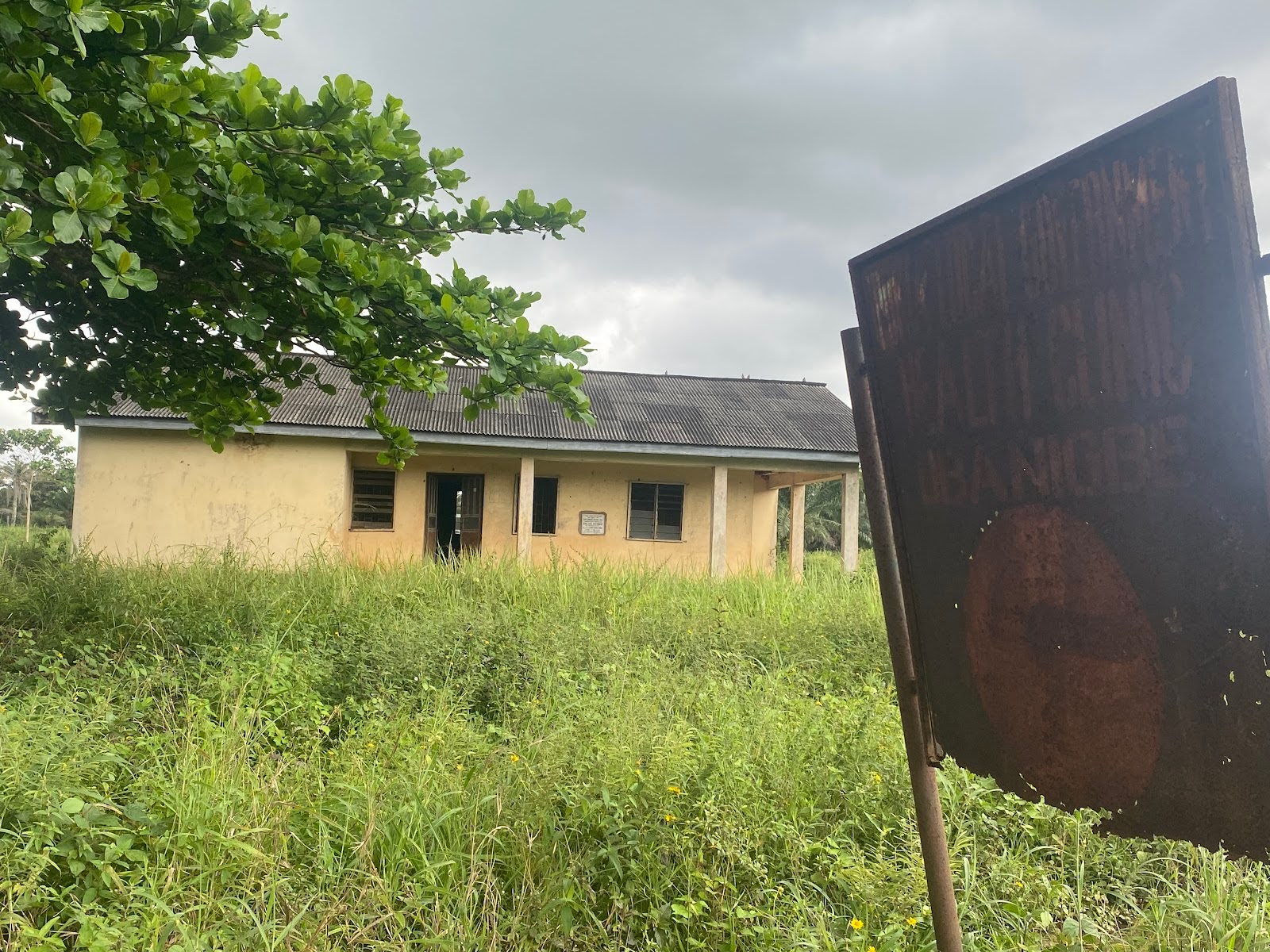
The Federal Government has unveiled a revised National Policy on Food Safety and Quality Implementation Plan, which will ensure safe and wholesome food, is a fundamental right in the country.
World Health Organisation (WHO) estimates that 600 million people globally fall ill yearly, while 420,000 die after eating food contaminated by bacteria, viruses, parasites, and chemical substances.
The policy aims to promote healthy diets by reducing the intake of salt, trans-fatty acids, sugar, and alcohol, while the implementation of the policy will require a concerted effort from all parties involved in the food supply chain, from farmers to regulators to consumers.
Speaking at the event in Abuja, Minister of Health and Social Welfare, Prof. Muhammad Pate, expressed concern over the unpredictable nature of food safety threats, ranging from natural disasters to accidental contamination of a trusted food sources to deliberate adulteration for profit motive.
Pate noted that government’s vision goes beyond curative medicine but encompasses preventive measures, health education, and community engagement, which food safety is an important component.
Represented by the Permanent Secretary, Daju Kachollom, the minister explained that the policy covers a broad spectrum of areas, including risk analysis, emerging contaminants, and an integrated surveillance and response system for food borne diseases.
The minister observed that the Technical Work Groups (TWGs) are part of continued efforts to strengthen and harmonise Nigeria’s regulatory environment and risk-based food safety systems, while improving industry engagement in the national regulatory processes and compliance with international food safety standards.
The groups are also focused on risk-based regulations and risk analysis in food and feed safety; food and sanitary and phytosanitary inspection; traceability and supporting technologies and education and research.
The minister said that the issue of emerging contaminants within the nation’s food chain, and the establishment of an integrated food borne disease surveillance and response system set benchmarks for the safe handling, marketing, and sale of food throughout the country.
“Moving beyond mere food safety, the policy propels us towards a future where the food we consume is not only safe but essentially healthy. It lays out strategic plans to reduce the intake of salt, trans-fatty acids, sugar, and alcohol, among others. By ensuring that our diets are healthy, we aim to alleviate the growing burden of non-communicable diseases that afflict our country,” he added.
Pate said the Federal Government would explore public-private partnerships, leverage technology, and prioritise essential services for food safety. Also speaking, the Programme Manager, United States Department of Agriculture Foreign Agricultural Service, Kelly Scavella, said the agency is partnering the ministry and other stakeholders to build food safety systems that are relevant to consumers, producers and regulators.
According to her, the TWGs were set up to modernise Nigeria’s food safety regulatory framework in line with international best practices, and address food safety concerns, as well as facilitate the development of a strong agriculture and food industry.
She stated, “Over the last decade, the Nigerian government has implemented important changes to bolster food safety by examining and enhancing critical components of the national food safety control system.”
FG unfolds revised national policy on food safety

Prof. Muhammad Ali Pate.Photo:Twitter





